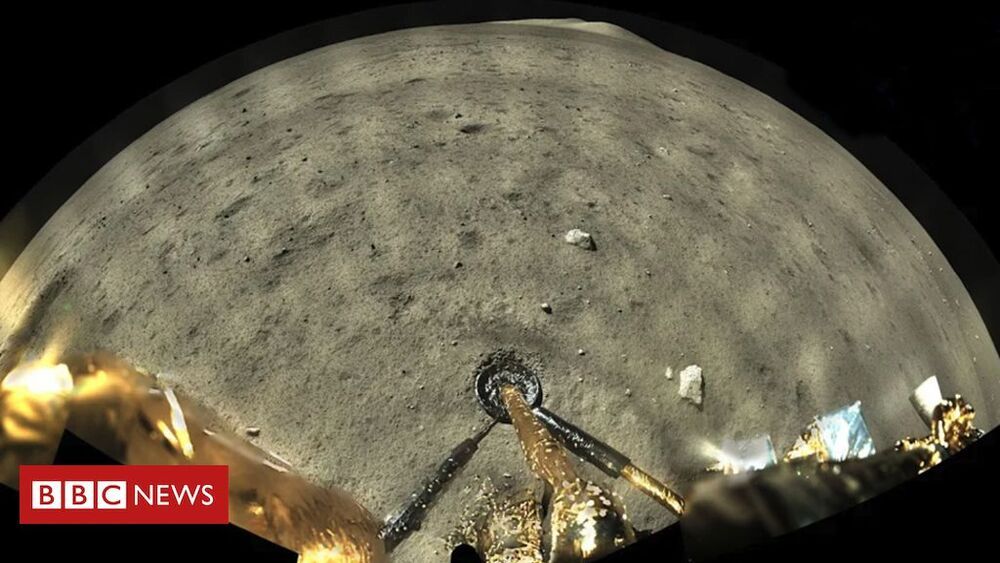Don’t worry, they aren’t immune to a good slipper…for now.
The rise of the superbug cockroach is upon us. A new study has found that German cockroaches (Blattella germanica) are rapidly evolving to become resistant to many widely used bug sprays and insecticides, as well as chemicals they’ve never been directly exposed to, making them near-impossible to eliminate and one step closer to taking over the world.
Remarkably, the study published in Scientific Reports revealed these scuttling pests could even develop resistance within a single generation. Others also developed cross-resistance, meaning they gained a tolerance to a usually toxic substance just through contact with a similar type of insecticide.






